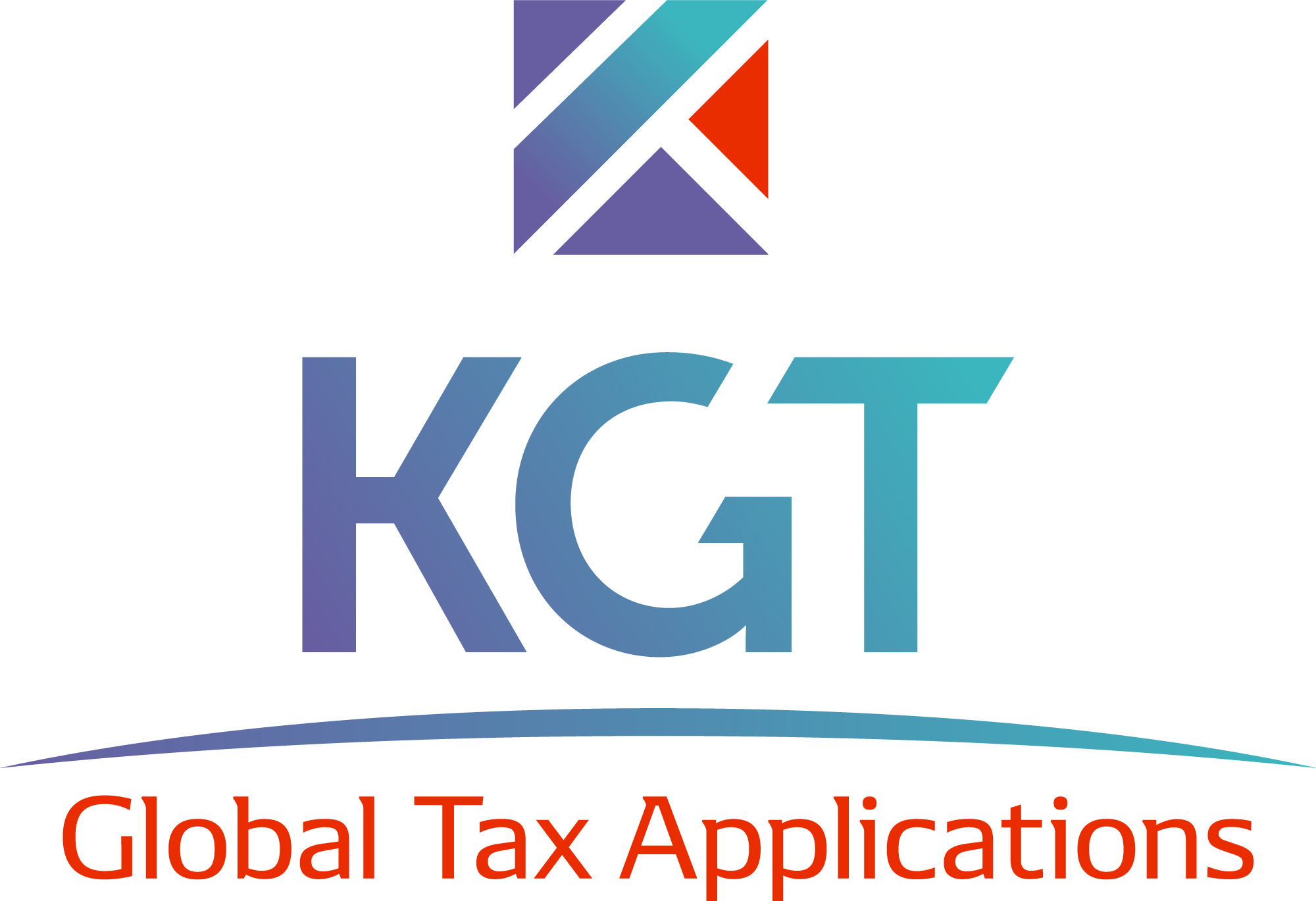France postponed until September 1, 2026

A newly published decree confirms the delayed launch plan for French mandatory e-invoicing and e-reporting.
Electronic invoicing, known as e-invoicing , concerns all operations involving the purchase and sale of goods and/or the provision of services carried out between companies established in France which are subject to VAT as long as they are involves so-called domestic operations, that is to say they concern the national territory.
Furthermore, companies must transmit to the tax administration certain information (operation called e-reporting ) relating to commercial operations which are not affected by electronic invoicing. This concerns in particular companies subject to VAT in France and which trade with individuals and more generally non-taxable persons or with companies not established on the national territory.
Initially scheduled for July 1 , 2024, the obligation for companies established in France to issue and receive electronic invoices will gradually apply from September 1, 2026.
In order to guarantee the transition to electronic invoicing of companies in the best possible conditions, the finance law for 2024 has set a new timetable for the application of this reform.
The obligation to issue electronic invoices will be:
- September 1 , 2026 for large companies and mid-sized companies (ETI);
- September 1 , 2027 for small and medium-sized enterprises (SMEs) and micro-enterprises.
- The obligation to receive electronic invoices will apply to all companies from September 1 , 2026.
The dates set by this calendar may only be postponed, if necessary, by a maximum of 6 months.
Electronic invoices will pass through a platform used by the issuer and recipient of the invoice. This can be the Chorus Pro portal or a partner dematerialization platform (PDP) accredited by the tax administration.
Electronic invoicing concerns all transactions carried out between companies established in France and subject to VAT. Are therefore subject to electronic invoicing:
- deliveries of goods or services located in France that a taxable person makes with another taxable person and which are not exempt from VAT;
- the advances relating to these operations;
- deliveries at public auction of second-hand goods, works of art, collectibles or antiques.
These changes are accompanied by new information to be added to the invoice:
- the SIREN number;
- the delivery address of the goods, when different from the customer's address;
- information according to which the operations giving rise to an invoice consist exclusively of deliveries of goods or services or consist of these two categories of operations;
- the payment of VAT according to the debits, when the service provider has opted for this.
How KGT can provide support?
- KGT has developed for Germany an SAP add-on, and KGT can demo the features, including risk management tools or
- KGT's support is particularly beneficial when a web-based provider is selected. These providers often lack standard E2E solutions, leading to the need for costly consultancy work. However, KGT has developed extraction logic that ensures complete tax data is provided to the vendor's cloud portal environment. This not only saves costs but also enhances data security. Additionally, KGT offers optional functionalities within SAP itself, allowing for data analysis checks before submission, further reducing the risk of non-compliance or
- KGT gets operational for its client's SAP Document Reporting and Compliance (DRC) or
- KGT developed a 'tax engine and cockpit' in the cloud that can be connected to your ERP system, regardless of whether you run SAP.

